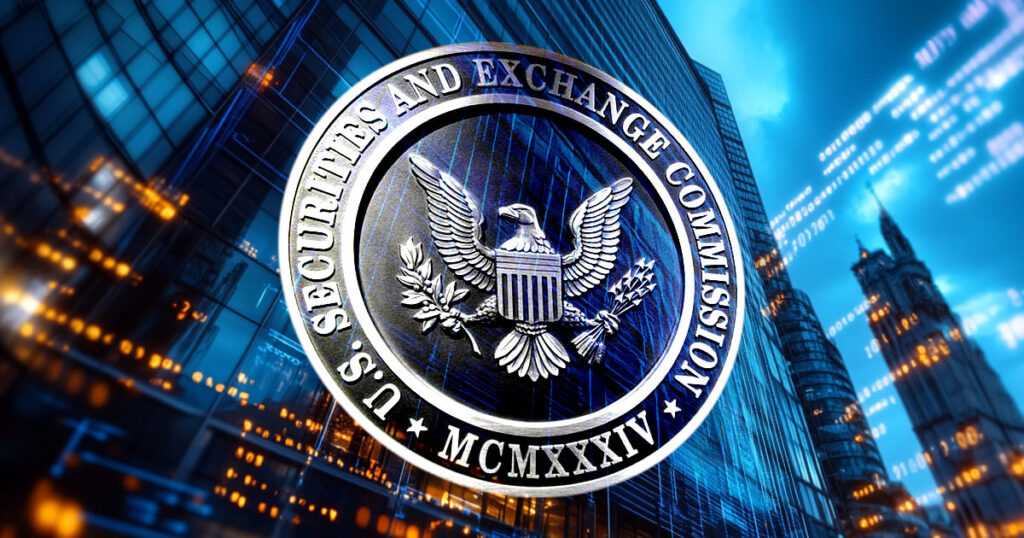
The United States Securities and Exchange Commission (SEC) has replaced its crypto-assets and cyber unit with the newly formed Cyber and Emerging Technologies Unit (CETU), continued in his shift in the approach to regulating digital assets and the fight against Cyber-tag financial crimes.
Announced on February 20, the unit will focus on tackling misconduct with artificial intelligence, blockchain fraud, manipulation of social media and errors of cyber security compliance.
Leadership and operational framework
Laura d’Allaird, previously deputy director of the SECs Division of Enforcement, will lead the CETU as his inaugural chef. The unit consists of 30 lawyers and fraud specialists in nine sec regional offices, in which expertise in fintech, cyber security and digital assets are consolidated,.
ACTING SEC chairman Mark Uyeda emphasized that the CETU will collaborate with the Crypto Task Force of Commissioner Hester Peirce to “use enforcement sources of judgments” while promoting innovation,. Uyeda continued,
“The unit will not only protect investors, but also facilitates capital formation and market efficiency by eradicating the way for innovation to grow. It will eradicate those who want to abuse innovation to harm investors and reduce trust in new technologies. “
The mandate of the CETU gives priority to six areas: AI-driven fraud schemes, the dark web and social media manipulation, hacking of material non-public information, takeover of broker’s accounts, crypto-assisted fraud and compliance with cyber security rule .
This structure reflects lessons from controversial enforcement actions among former chairman Gary Genler, whose aggressive process strategy against companies such as Coinbase and Ripple criticized for creating regulatory uncertainty.
From opponents to framework building
The creation of the CETU coincides with wider sec -reforms initiated under the Trump government. Since January, the Commission has clarified Crypto Asset Classification Rules and approved new place Crypto ETFs. These changes will follow on January 23 -Executive Order from President Trump that provides coordination between authorities through the presidential working group on digital assets markets.
These changes correspond to the priorities of the Trump administration to position the US as a blockchain innovation leader, while the foreign CBDC development encounters through Private Stablecoin promotion.
The CETU hopefully represents the effort of the SEC to tackle evolving technological risks without suppressing financial innovation.
By combining cyber expertise with refined regulations parameters, the committee wants to limit threats such as AI-driven market manipulation and at the same time enable institutional participation in digital asset markets. This double focus on safety and growth reflects the recognition of Washington of the irreversible integration of blockchain technology in Global Finance.
In particular, the CETU does not seem to have a mandate to combat the observed securities fraud through crypto projects. Instead, it focuses on ‘Fraud with blockchain technology and crypto -activa’, a subtle but possibly important distinction.
It can be interpreted that fraud is a focus in which blockchain and digital assets are used as a transaction medium instead of defining almost all digital assets as a non -registered security, per Gentler.













